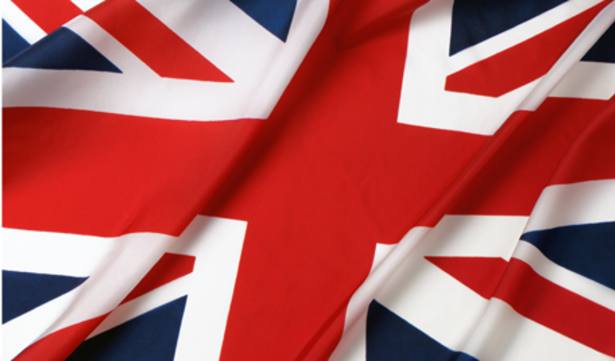
Kraft Heinz, under the leadership of private equity firm 3G Capital Partners LP, has impressed investors with its ability to drastically reduce expenses following its merger in 2015. Perhaps this should not come as a particular surprise - after all 3G Capital is known for its zero-base budgeting approach that calls for departments to justify every dollar they spend each year. Budgeted costs are evaluated unsparingly and reduced or eliminated if they are no longer deemed to be necessary.
By eliminating corporate excess, general administrative costs and reducing staff, Kraft Heinz has been able to increase its operating margin from c.18% to c.30% in just two years. That it has achieved this without undermining the commercial strength of the business is particularly impressive as there has been no change to the prices of the underlying products it sells.
Given 3G’s track record of finding ways to expand profit margins, it is clear why they made a bid for Unilever, where operating margins are only around 15%. Unilever, however, argued that the offer substantially undervalued the business — but it acknowledged the need to deliver value to shareholders more quickly and announced a review of its operations.
As a result, Unilever CEO Paul Polman moved to state that “…we need to accelerate our plans to unlock further value faster, and this was brought home to us by the events of February… The faster pace of change that we are seeing in our markets and competitive set requires us to continue to set the bar higher.” Unilever has said it expects to increase margins to 20% by 2020.
The fact that Unilever has recognised the need to adapt and change is significant. Along with Kraft Heinz, it is one of the largest and most important consumer staples businesses globally. Over time, other companies will be forced to follow this lead and we are likely to see more widespread adoption of zero-base budgeting.
From an investment perspective, this has very positive implications for shareholders in these stocks. The combination of falling costs from strong non-cyclical businesses is a powerful one that should boost operating margins and enable these companies to grow dividend payments to shareholders.
The Fidelity MoneyBuilder Dividend and Enhanced Income funds are well positioned to benefit from this trend through the holdings in Unilever and Kraft Heinz. At a broader level, both portfolios have more than 25% invested in consumer good companies, where there is clear potential for returns to increase from other holdings that may well adopt a similar cost-cutting approach in the future.
Avoiding concentration risk
Another area of importance for income investors concerns concentration risk within the UK Equity Income sector. Within the Fidelity MoneyBuilder Dividend Fund, only around 40% of its yield is from the portfolio’s top ten holdings. We are not compelled to invest into stocks where dividends may be vulnerable. A good example of this is the oil major BP, which does not make it into the fund despite a yield of c. 7%. The quality of the dividend and the fact that it is not covered by cash flows is a concern. Instead, we look for income that is visible and sustainable and this is achieved by investing in companies that generate good cash flows in a predictable way. This does not rule out investing in higher yielding stocks but it is important to be comfortable that the yield is a sign of value and not a sign of stress in the underlying business. HSBC is one example of a higher yielding company (6.1%), where we believe the business is well positioned to deliver a sustainable income stream. By managing the yield at the portfolio level rather than the stock level and focusing on the sustainability of dividends, we look to strike a balance between higher yielding stocks > 6% (currently 14% total net assets) and those that have relatively low yields <3% (currently 20% total net assets).






